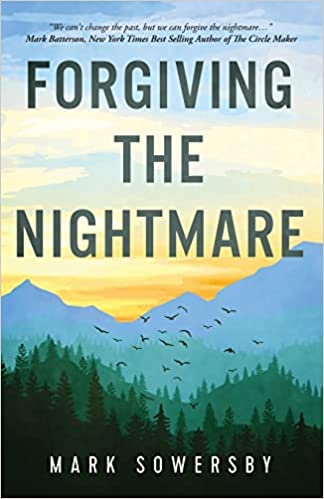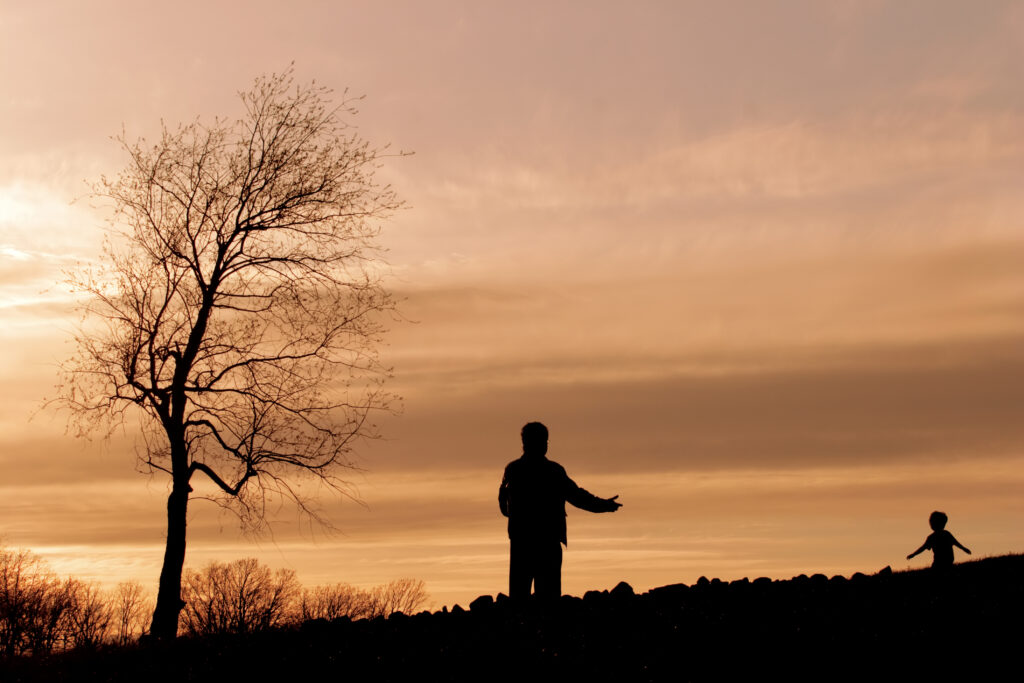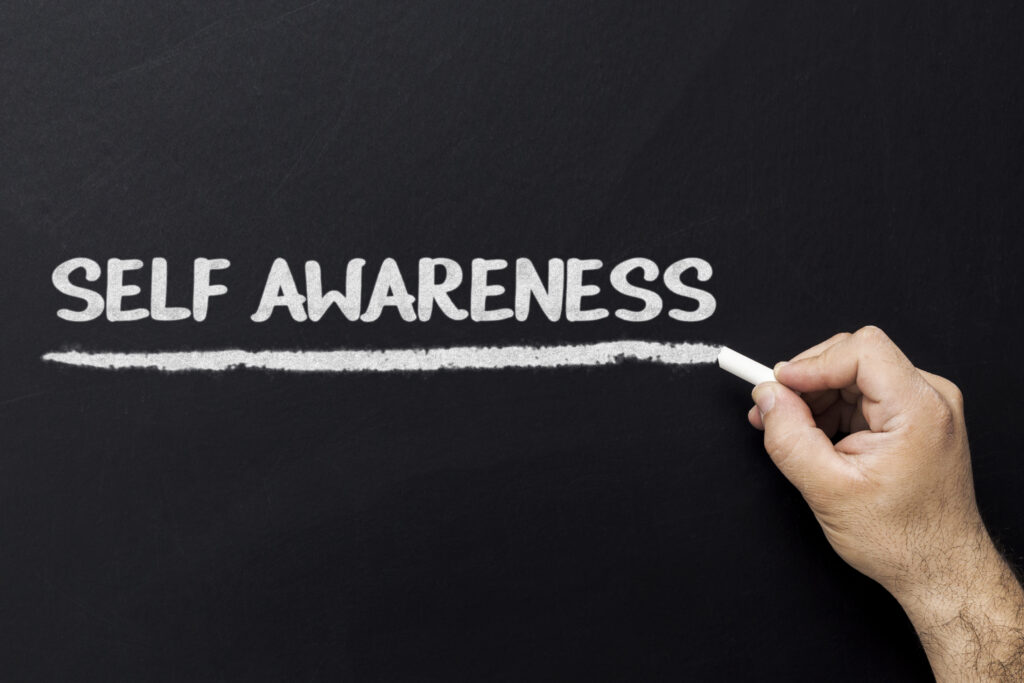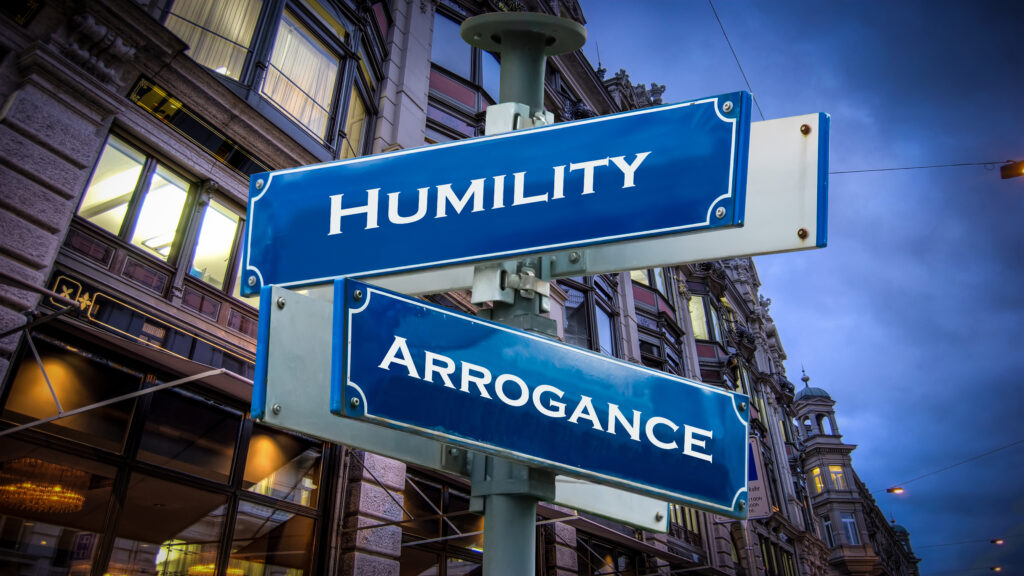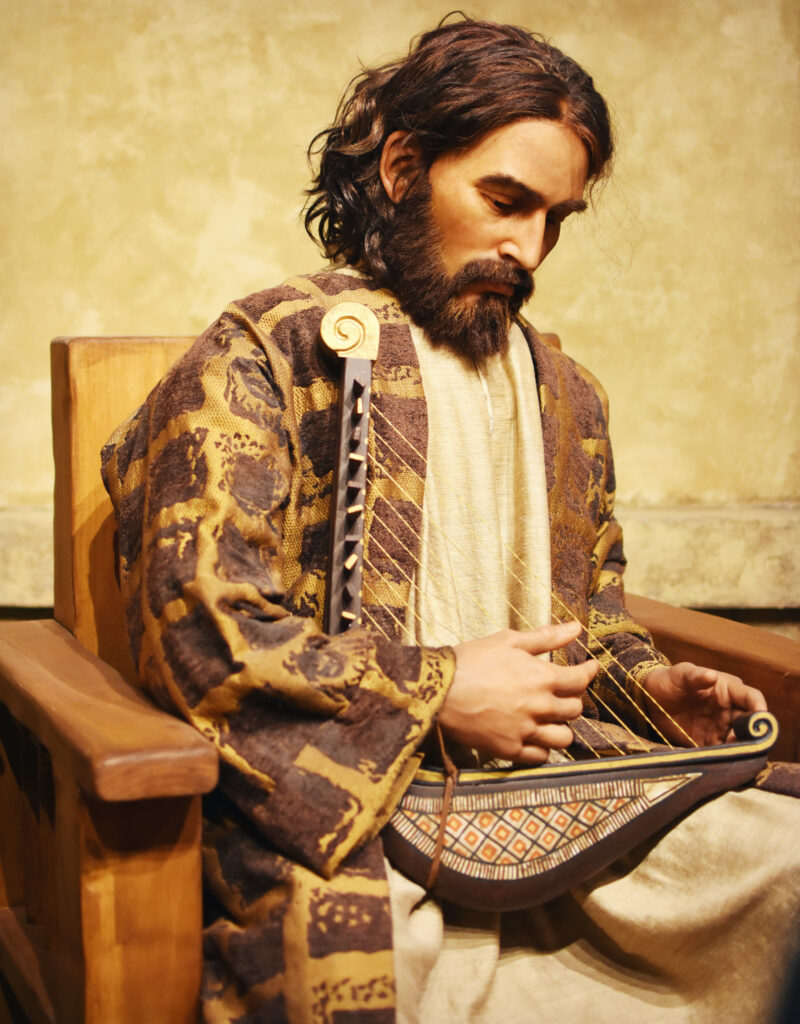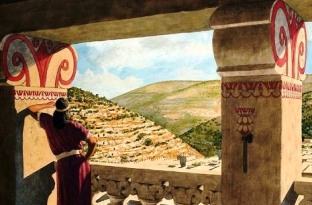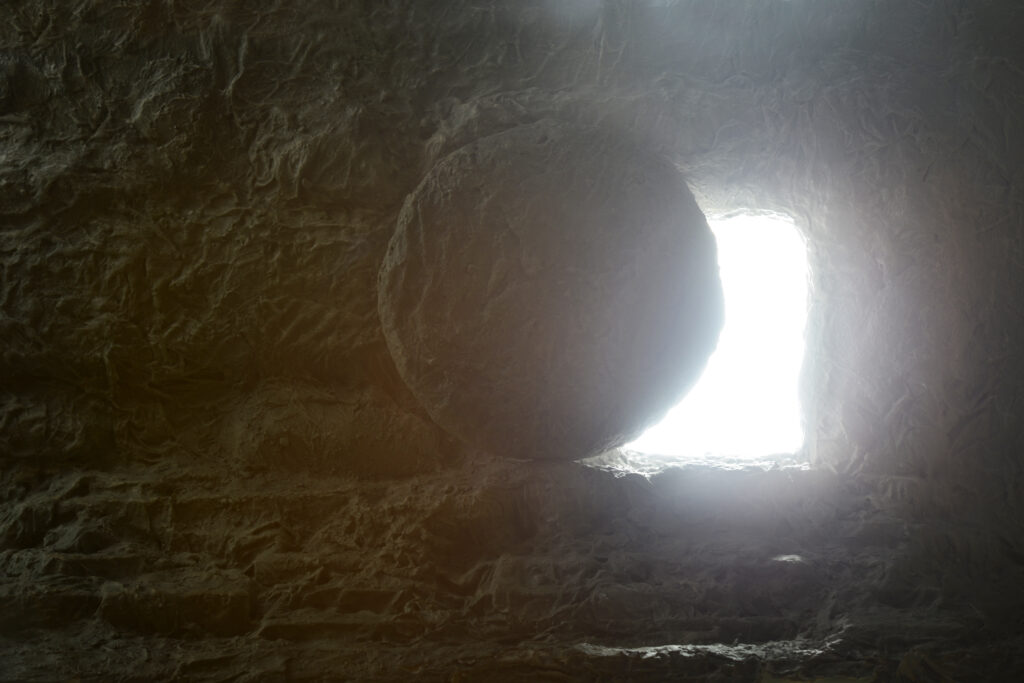
The book I’ve gifted people more than any other is How Am I Smart? by Kathy Koch. The author recognizes that the question shouldn’t be “am I smart?” because we all are. Nor should it be, “how smart am I?” because that question cannot be answered accurately.

The assertion is that we’re all smart, we just need to figure out in what way we’re smart. Kathy Koch uses the research of two Harvard professors to identify 8 types of intelligence, or “smarts.” These smarts may or may not line up with classroom smarts, the only type of smart we often acknowledge.
Ms. Koch offers these 8 smarts to help parents better understand their kids but it can help teachers better understand their students, as well as help anyone to better understand others and themselves.
The 8 smarts are logic-smart, picture-smart, people-smart, self-smart, body-smart, nature-smart, music-smart and word-smart. I won’t go into the meaning of each; their mere names help, but reading the book is necessary to understand them fully.
My point here is not to divulge the 8 smarts as much as to activate the thinking that there are different ways people can be smart. It helps a person immensely to understand that they learn and function well in certain aspects so they can gain much needed self-confidence and accomplish more in their life.

Most importantly, I want to add two more smarts to the list. One of these two smarts is more important than any other, and as we raise our kids, as well as manage our own lives, this is the smart we most want them and us to have.
The two smarts I propose to add are world-smart and eternity-smart. The contrast between the two is greater than that of any of the other smarts and their respective counterparts. For example, a self-smart person will recognize they process thoughts better alone where they can internalize without distraction, whereas a people-smart person sees that they need to be around people more because they manage better in social settings and accomplish more through social interaction and external processing.

World-smart people are often considered the smartest people, but compared to their eternity-smart counterparts, their smart has parameters that block their access to a whole other world of wisdom and knowledge. For example, they can tell you all about physics and speak wisely about all things humanistic, but they know nothing about things after this world age, outside mortality or the order of things beyond this universe.
All of Kathy Koch’s 8 smarts have advantages and disadvantages. But being eternity-smart allows us understanding of the truths God lays out for us about Himself, our enemy the devil and eternity, while giving us the clearest perspective of this life through the lens of eternity, making us actually smarter about this world than those who are only world-smart. But the world-smart, while they may be keen to the knowledge within the box of this age and system, are numb to the words and ways of God.
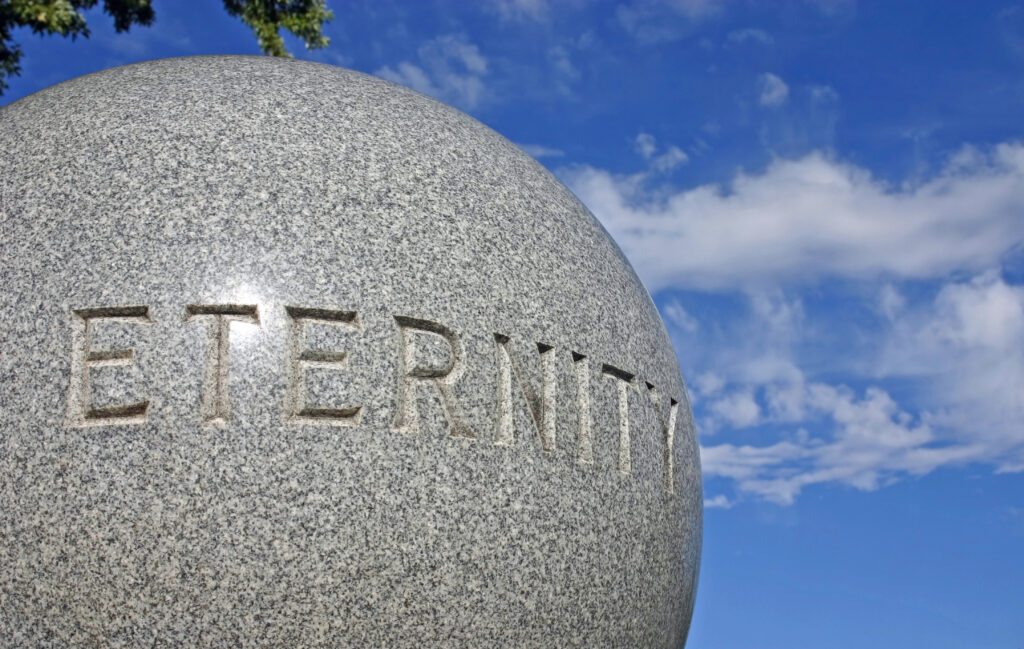
As we raise our kids and prepare them for life, let’s be sure to prepare them for eternal life. All these smarts are gained through a combination of genetics and environment. Eternity-smart is no exception. We’re all born with a need for eternal life and the capacity to understand that need and how to fill it with the gift of Jesus, thus the term childlike faith. As parents, we have the ability to train our kids up in that smart or to train it out of them, opting to train them to be world-smart instead.
For a great lesson that helps us grow as an eternity-smart person, watch this:


















